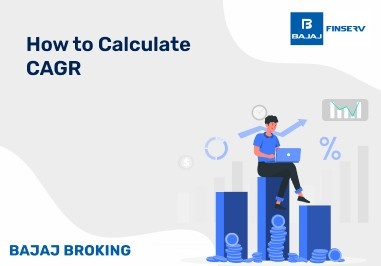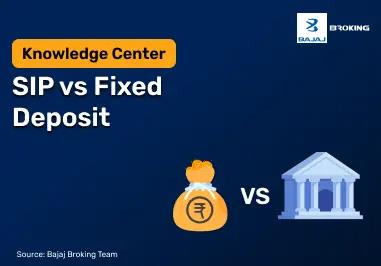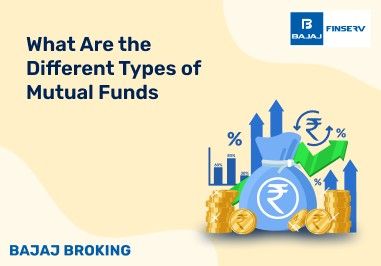Overview
Welcome to our exploration of the stock market today, a dynamic arena where fortunes are made and economic landscapes are shaped. In this overview, we delve into the fundamental workings of the stock market, the compelling reasons to invest, essential considerations for prospective investors, and the inherent risks that come with market participation. Moreover, we underscore the significance of staying informed about daily market movements to empower investors in making informed decisions that drive their financial success.
Understanding the Stock Market: A Beacon of Economic Activity
The stock market serves as a vital platform for buying and selling shares of publicly traded companies. It operates on the principles of supply and demand, with investors trading securities such as stocks, bonds, and derivatives. Through the mechanism of stock exchanges, companies raise capital by issuing shares to investors, who, in turn, seek to profit from price appreciation and dividends.
Why Invest in the Stock Market: Unlocking the Benefits
Investing in the stock market offers a multitude of benefits for individuals seeking to grow their wealth and achieve financial goals:
- Potential for Growth: Stocks have historically delivered higher returns compared to other asset classes over the long term, offering investors the opportunity for wealth accumulation and capital appreciation.
- Dividend Income: Many companies distribute a portion of their profits to shareholders in the form of dividends, providing investors with a steady stream of income.
- Portfolio Diversification: Investing in a diversified portfolio of stocks can help mitigate risk by spreading investments across various sectors and asset classes.
- Ownership Stake: Investing in stocks grants individuals ownership stakes in companies, allowing them to participate in corporate growth and decision-making processes.
Things to Consider Before Investing: Essential Insights
Before diving into the stock market, it's crucial to consider the following factors:
- Investment Goals: Clarify your investment objectives, whether it's long-term wealth accumulation, income generation, or capital preservation.
- Risk Tolerance: Assess your risk tolerance and investment horizon to align your investment strategy with your financial circumstances and objectives.
- Market Research: Conduct thorough research and analysis of companies, industries, and market trends to make informed investment decisions.
- Diversification: Diversify your investment portfolio across different asset classes, sectors, and geographic regions to spread risk and enhance potential returns.
- Choosing the right platform: There are plenty of fintech platforms and brokers who can get you access to the stock market in India. However, before investing your hard earned money, you must compare and evaluate them on factors such as brokerage charges and other fees, security, user-friendliness, technical superiority, market insights, and ease of usage.
Risks Associated with Stock Market Participation: Navigating Uncertainties
While the stock market offers lucrative opportunities, it also entails inherent risks that investors must be aware of:
- Market Volatility: Stock prices can fluctuate widely in response to economic indicators, geopolitical events, and company-specific news, leading to potential losses for investors.
- Liquidity Risk: Some stocks may have low trading volumes or limited market liquidity, making it challenging to buy or sell shares at desired prices.
- Company-Specific Risks: Individual companies may face risks such as management changes, competitive pressures, regulatory challenges, or financial distress, impacting their stock prices.
- Market Timing: Attempting to time the market or predict short-term price movements can be speculative and may result in losses for investors.
The Value of Daily Market Insights: Empowering Informed Decision-Making
Staying informed about daily market happenings is essential for investors seeking to navigate the complexities of the stock market effectively. By monitoring market trends, economic indicators, corporate earnings reports, and geopolitical developments, investors can make timely and informed investment and trading decisions that align with their financial goals and risk preferences.
In conclusion, the stock market serves as a dynamic arena for wealth creation and investment opportunities. By understanding its fundamental workings, recognizing the benefits of investing, considering essential factors, and acknowledging inherent risks, investors can embark on their journey with confidence. Stay tuned to daily market insights to unlock the full potential of your investments and seize opportunities in the ever-evolving world of finance.
Top Headlines of the Day
GIFT Nifty
The GIFT Nifty futures indicate a positive start for the broader index in India, with a gain of 71 points or 0.32 percent. The Nifty futures were trading around the 22,595.50 level.
NSE To Launch Four New Indices
The National Stock Exchange (NSE) has announced the launch of four new indices effective from April 8, in both the capital markets and Futures & Options segments.
These new indices are Nifty Tata Group 25 percent Cap, Nifty 500 Multicap India Manufacturing 50:30:20, Nifty 500 Multicap Infrastructure 50:30:20, and Nifty MidSmall Healthcare.
The broadcast of these indices will be made available to F&O members in NEAT+ terminals.
FII And DII Data
Foreign institutional investors (FIIs) net sold shares worth Rs 2,213.56 crore, while domestic institutional investors (DIIs) purchased Rs 1,102.41 crore worth of stocks on April 3, according to provisional data from the NSE.
Gold Prices
Gold prices hit a fresh record high for the fourth straight session on Wednesday, as a combination of factors including growing tensions in the Middle East, US interest rate cut expectations, and sticky inflation has boosted bullion's allure.
Stock Under F&O Ban On NSE
The NSE has added SAIL and Zee Entertainment Enterprises to the F&O ban list for April 4, while retaining Hindustan Copper to the said list.
US Markets
The S&P 500 and Nasdaq closed higher on Wednesday, but the gains were limited after Federal Reserve Chair Jerome Powell indicated that a cut in interest rates is still not on the horizon, despite data showing a slowdown in the growth of the US services industry in March.
The Dow Jones Industrial Average fell marginally, while the S&P 500 and Nasdaq Composite added modest gains.
Asian Markets
Asian markets rebounded following a sell-off in the previous session, as investors digested comments from the US Federal Reserve Chairman Jerome Powell.
The Nikkei and Straits Times indices rose 1 percent each in the early trade.
Dollar
The dollar index held near its highest level in over four months on Wednesday, keeping the yen close to its lowest levels in decades, though the increased threat of currency intervention by Tokyo capped further declines in the Japanese currency.
Crude
Oil prices extended gains on Wednesday, as investors mulled supply risks stemming from Ukrainian attacks on Russian refineries and the potential for escalation in the Middle East conflict, while OPEC+ ministers held steady their output policy.
Disclaimer: Investments in the securities market are subject to market risk, read all related documents carefully before investing.
This content is for educational purposes only. Securities quoted are exemplary and not recommendatory.
For All Disclaimers Click Here:https://bit.ly/3Tcsfuc














